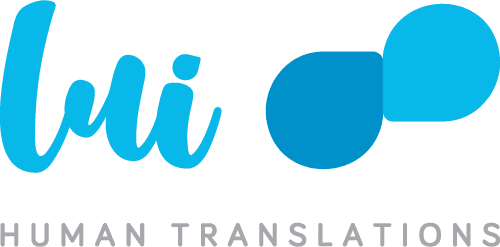In today’s increasingly interconnected world, effective communication across languages is more important than ever. Translation services play a vital role in bridging the gap between people and cultures, enabling businesses to reach a global audience, and facilitating the exchange of knowledge and ideas.
While machine translation (MT) has made significant strides in recent years, it still has its limitations. MT systems often struggle with complex or nuanced language, and they can produce translations that are grammatically incorrect or unnatural-sounding. As a result, human translators are still essential for ensuring the accuracy and quality of translated content.
However, the rise of artificial intelligence (AI) is opening up new possibilities for translation services. AI-powered tools can assist human translators in a variety of ways, such as:
- Pre-translation: AI can be used to identify and translate common phrases and terminology, saving human translators time and effort.
- During translation: AI can provide suggestions for word choice, grammar, and style, helping to improve the quality of the translation.
- Post-translation: AI can be used to check the translation for errors and inconsistencies, and to ensure that it is consistent with the source text.
By combining human expertise with machine intelligence, we can create translation services that are more accurate, efficient, and affordable than ever before. This will have a profound impact on businesses, organizations, and individuals around the world.
Here are some of the benefits of using AI-powered translation services:
- Improved accuracy: AI can help to eliminate errors and inconsistencies in translations, ensuring that the meaning of the original text is conveyed accurately.
- Increased efficiency: AI can automate many of the tasks involved in translation, such as pre-translation and post-translation editing, freeing up human translators to focus on more complex tasks.
- Reduced costs: AI can help to reduce the cost of translation services, making them more accessible to businesses and organizations of all sizes.
- Greater accessibility: AI-powered translation services can be used to translate content into a wider range of languages, making it more accessible to people around the world.
The future of translation services is bright. As AI technology continues to develop, we can expect to see even more innovative and efficient translation solutions emerge. This will break down language barriers and connect people and cultures in new and meaningful ways.






